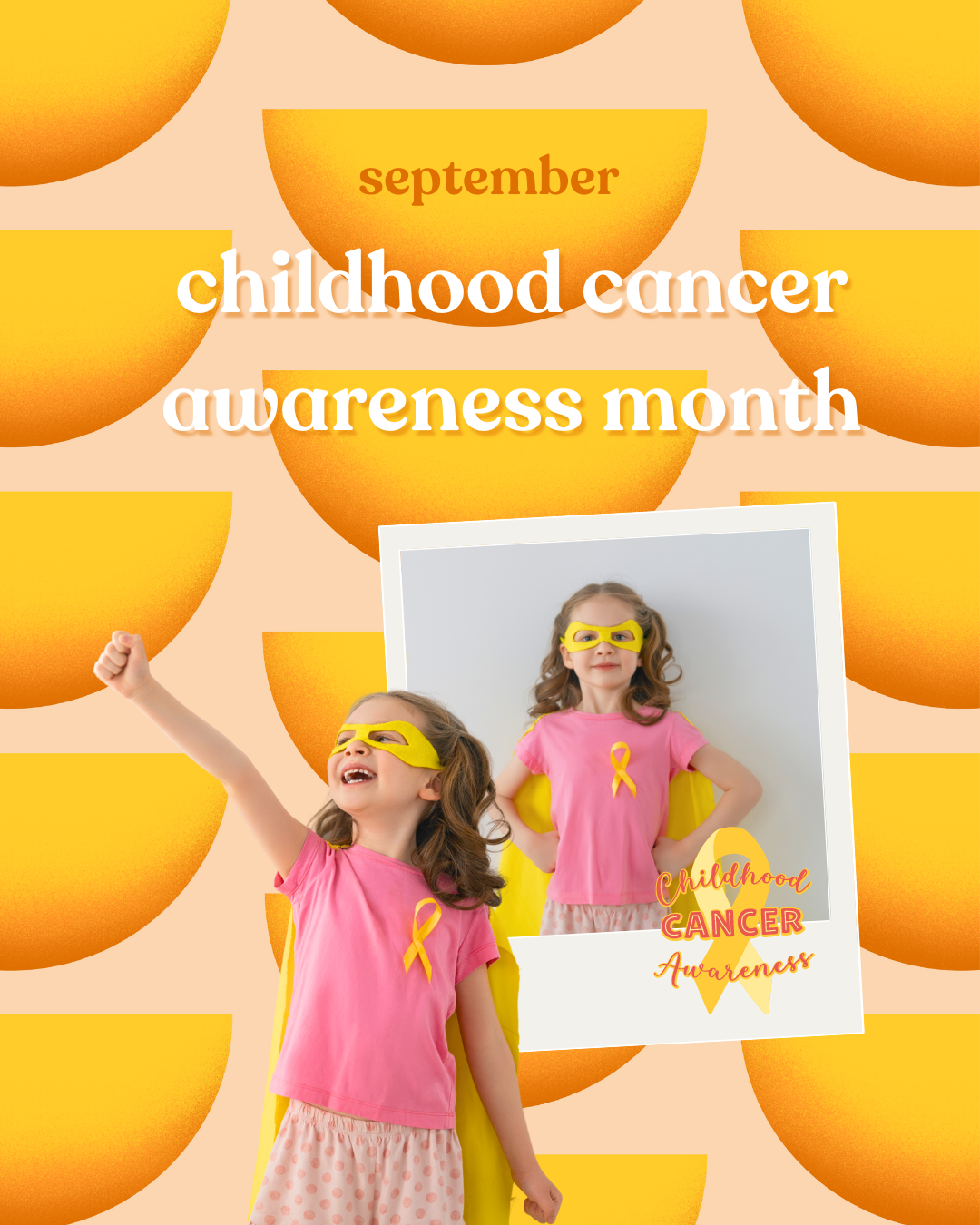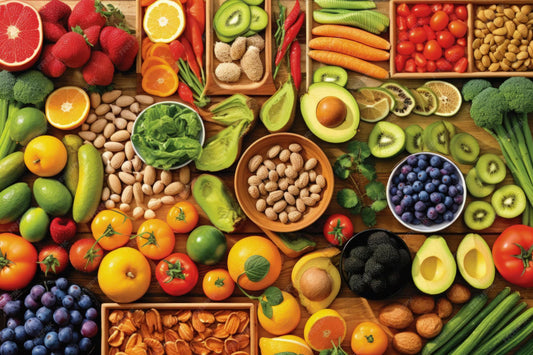September marks Childhood Cancer Awareness Month, a time when we come together to shed light on how cancer affects children and young people. It's a chance for us to rally around and boost support for vital research, resources, and funding.
Whilst cancer in children isn't common, its impact is deeply felt—not just by the brave child going through treatment, but by their loving families, friends, and communities.
Here in the UK, roughly 1,900 children receive a cancer diagnosis each year. Though we've made great strides in improving survival rates thanks to brilliant medical research and better treatments, we still face quite a few hurdles. Childhood cancers are different from those in adults, and the long-lasting effects of treatment can be especially tough on young bodies and minds.
This month is about acknowledging these challenges, supporting families, and speaking up for improved treatment and care for every single child facing cancer.
Types of childhood cancer
There are many different types of cancer that can affect children, with the most common being leukaemia, which accounts for around 30% of all childhood cancers.
Other more common types include brain and spinal tumours, lymphomas, neuroblastoma, and bone cancers such as osteosarcoma.
Unlike adult cancers, which are often linked to lifestyle factors like smoking or diet, childhood cancers are typically caused by changes in the DNA or genetic mutations. These mutations happen by chance, and while research is ongoing, there is still much that we do not understand about the causes of childhood cancer. This is why continued research is so vital — to better understand how to prevent and treat these devastating diseases.
The importance of early detection
The symptoms of childhood cancer can often be difficult to detect, as they can resemble common illnesses like colds, the flu, or viral infections. Some key warning signs to be aware of include unexplained weight loss, prolonged fatigue, fever, easy bruising or bleeding, persistent pain, and changes in balance or coordination.
Early diagnosis can make a significant difference in the effectiveness of treatment, so it’s important for parents and caregivers to trust their instincts if something doesn’t seem right and consult a doctor.
Supporting families affected by childhood cancer
A cancer diagnosis can be devastating for a family, and the impact is not only physical but also emotional and financial. Treatments often require long hospital stays, and the child’s parents may have to take time off work to provide care. The emotional toll can be overwhelming, as families grapple with fear, uncertainty, and the demands of daily life.
Fortunately, there are many charities and organisations in the UK dedicated to supporting families affected by childhood cancer. These organisations provide emotional support, financial assistance, information, and respite care to help families navigate this challenging journey.
Some notable UK charities offering help and support include:
- Young Lives vs Cancer – Providing practical and financial support and advice for children and their families.
- Children with Cancer UK – Funding research into childhood cancers and supporting affected families.
- Teenage Cancer Trust – Specialising in support for teens and young adults with cancer.
- The Rainbow Trust – Providing emotional and practical support to families who have a child with a life-threatening illness.
These organisations rely heavily on donations and public support to continue their important work. This September, consider taking the time to learn more about childhood cancer and how you can get involved in supporting affected children and their families.
The future of childhood cancer research
Thanks to ongoing research, survival rates for childhood cancer have improved dramatically over the past few decades, with around 80% of children now surviving at least five years after diagnosis.
There is a great need for more targeted, effective, and less harmful treatments. Traditional treatments like chemotherapy, radiation, and surgery can have lasting side effects on a child's developing body.
This is why funding for research is so essential. Research can lead to the development of more personalised treatments that target cancer cells while sparing healthy ones, improving outcomes for children diagnosed with cancer.
How you can help
There are many ways to get involved in Childhood Cancer Awareness Month. You can:
- Donate to charities that fund research or support families.
- Fundraise by organising events or participating in sponsored activities.
- Raise awareness by sharing information on social media, using the gold ribbon (the symbol of childhood cancer awareness) as your profile picture, or simply having conversations with others about the importance of research and support.
Every child deserves the chance to grow up, and every family deserves the best possible care and support during their cancer journey. Let's work together to ensure that childhood cancer research, awareness, and support continue to grow and make a difference in the lives of children and their families.



